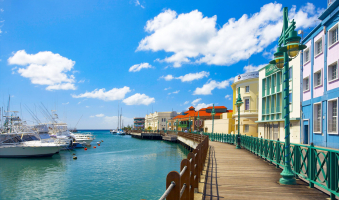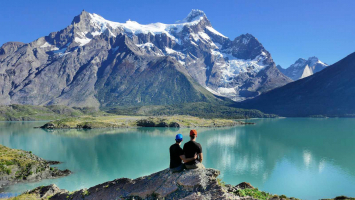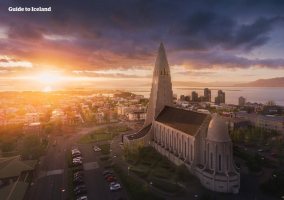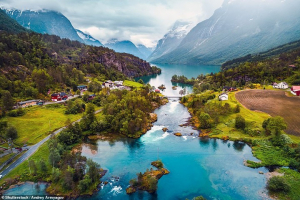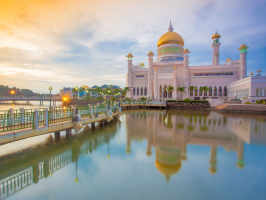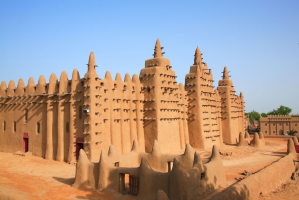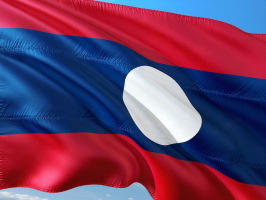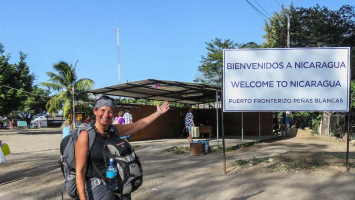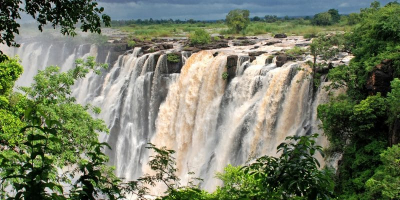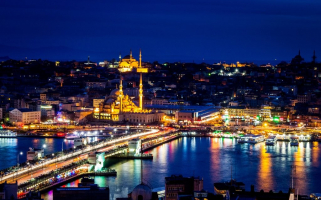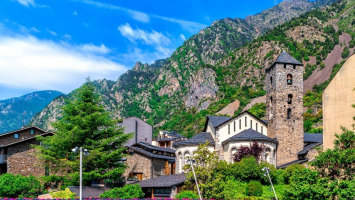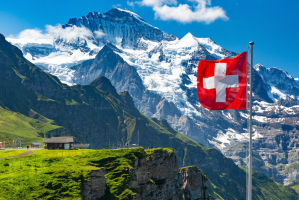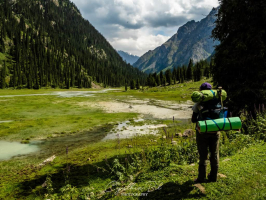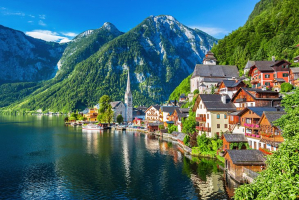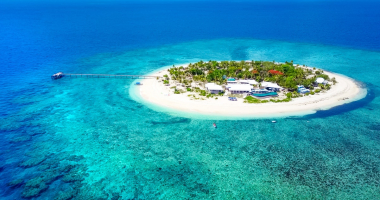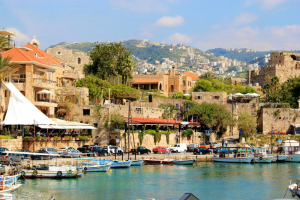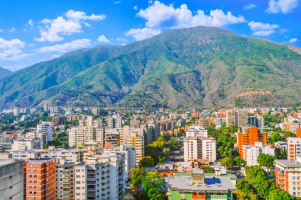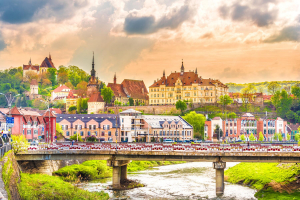Top 11 Things about Congo You Should Know
Captivating interactions with locals, thrilling treks into dense jungles, and beautiful rivers are all part of the show in the Democratic Republic of the ... read more...Congo. The DRC is the great African adventure, covered in vast swathes of humid forest and dotted with mighty rivers and volcanoes. Are you planning a trip to the Democratic Republic of the Congo? Here are the top Things about Congo You Should Know for the first time travelers.
-
To visit the Democratic Republic of the Congo is to visit the former country of Zaire or Belgian Congo, which is located in the area of Africa's great lakes, in the center of the country, north of Angola and Zambia, and is the second-largest country in Africa, with a population of 75.5 million people and an area of more than 2.3 million square kilometers. It was a Belgian colony, therefore French is the official language, but it also speaks Lingala, Kikongo, Swahili, and Tshiluba. This is definitely one of the top Things about Congo You Should Know.
It is divided into 26 provinces, and its land includes jungles and savannas, making it one of the rainiest in Africa. The Great Rift Valley, the Congo River, and Mount Ngaliema are prominent features. It is a country rich in minerals and biodiversity, but sadly, its exploitation does not meet or fulfill the basic needs of the residents, resulting in extreme poverty.
Kinshasa, the capital of the Democratic Republic of the Congo, has a population of 10 million people, making it Africa's third most populated metropolis after Cairo and Lagos. The famed Livingstone Falls is an icon for the country's woodland savannah, which covers a major portion of its territory. It is also a country with a rich cultural past, which is reflected in the picture. You can visit Congo Kinshasa; it has stunning sights, but proceed with caution.
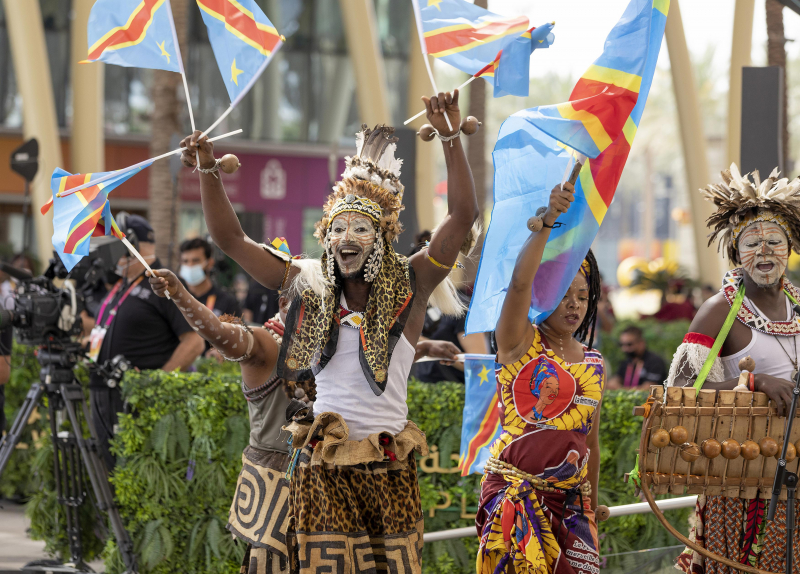
virtualexpodubai.com 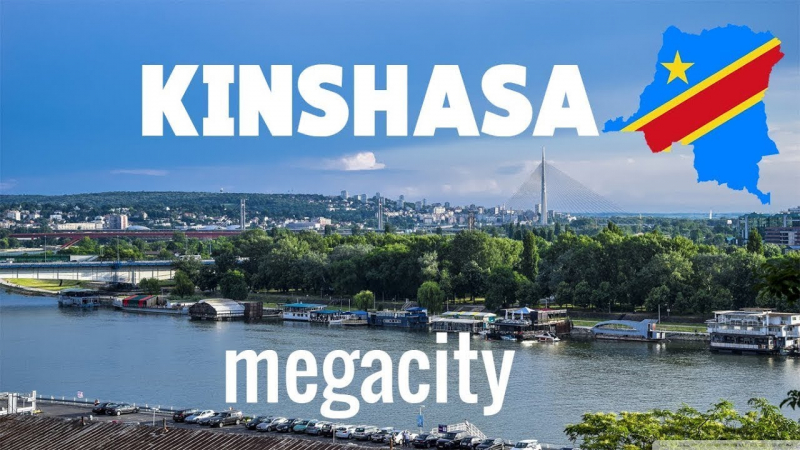
youtube.com -
The Democratic Republic of the Congo was the site of Africa's great war, which decimated the country. Despite the fact that the war ended in 2003, the UN and the Peace Corps continue to monitor security due to the insecurity and turbulent situation. The UN was able to secure a deal to halt the uprising in the country's east in early 2013.
Despite this, the security situation throughout the country is extremely precarious due to armed troop skirmishes that risk not only visitors but also civilians, the difference being knowledge and knowing how to navigate the country. On the other side, many embassies from many nations warn against visiting the Democratic Republic of the Congo.
Due to the insecurity and poor state of public transportation and road travel, extreme caution is advised. Extortion at border checkpoints by migration agents, on the other hand, is frequent, particularly at the Ndjili airport, the Ngobila river port for individuals entering the Democratic Republic of the Congo from Brazzaville, and the land border with Angola, Rwanda, and Zambia.
Keep in mind that traveling north and east as a tourist is not encouraged. Travelers should not enter or exit by land since there are an increasing number of "express kidnappings" and attacks, of which foreigners who drive or walk through Kinshasa's downtown without taking the appropriate measures are victims. Most of these kidnappings are carried out by impersonating police officers. The goal is to steal the cash that is carried and then proceed to ATMs to obtain the maximum amount permissibly. Injuries and blows are frequently associated with theft. There has also been a rise in youth gang activity in the capital and other cities across the country, including Lubumbashi. As a result, strolling alone in Congo Kinshasa and other cities is legally forbidden, particularly at night, and it is recommended to drive in vehicles with the windows closed and the door lock activated, as the dangers of visiting the Democratic Republic of the Congo must be considered seriously.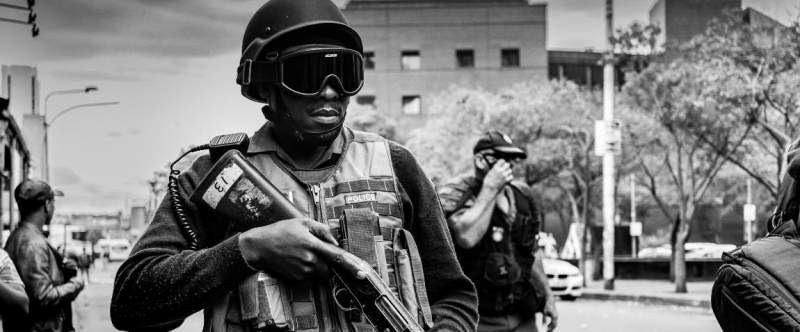
pickvisa.com 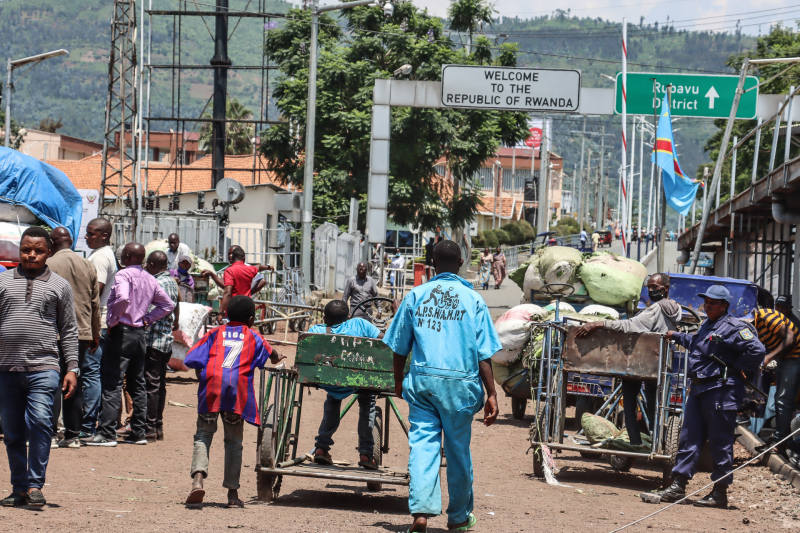
storyteller.iom.int -
You now know if it is safe to travel to Congo, Belgian Congo, Congo-Kinshasa, or Zaire, whatever you choose to call it! It is a country where roads end up disappearing owing to the force that tree roots have, and it has a strong population that does not bow in the face of numerous disasters. Here are some intriguing facts about the Democratic Republic of the Congo that you probably did not know:
1. If you visit the Democratic Republic of the Congo, you will observe how the past weighs heavily owing to what is tragically known as civil conflicts. But few people are aware of the Congolese rumba! Also known as Soukous. It is seductive Caribbean music that is skillfully blended with African elements. Artists such as Papa Wemba, Kekele, and Koffi Olomide are worth hearing.
2. Another topic to write about is the Congolese character. They are naturally friendly! They are excellent communicators who enjoy joking and wavering. And no one else in the world knows how to wear an orange suit with such attitude! There is an African proverb that aptly fits them: only in Central Africa is it known to enjoy the money.
3. If you visit Congo Kinshasa, the noblest feature of the Congolese character is certainly hospitality. Visitors are greeted, entertained, and generous. They share what they have to eat and where they sleep, whether they are affluent or poor. This characteristic is amplified in refugee camps. Arrival is honored in that environment as a sign that they have not been forgotten, offering them hope for a better future.
4. Another intriguing fact about the Democratic Republic of the Congo is that white people are referred to as muzungu, a Swahili word. In reality, muzungu is now translated as white, but the original definition is a wanderer, someone who journeys without knowing where he is going!
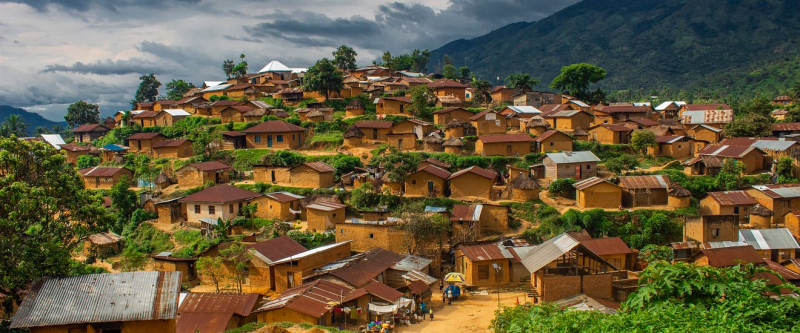
engenderhealth.org 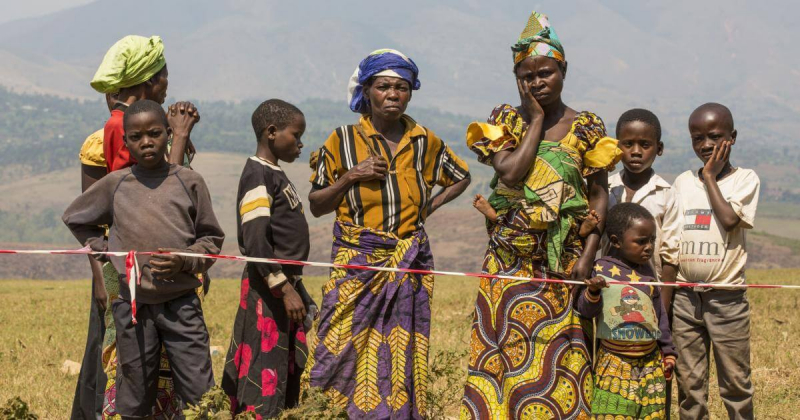
mercycorps.org -
Now that you know where Congo is, you may visualize it as a jungle country with a lot of rain because it is hot all year. This has repercussions: the mosquito. And the mosquito transmits numerous diseases; for example, malaria has traditionally been one of the leading causes of death in the country, and the zika virus is no exception. This is definitely one of the top Things about Congo You Should Know.
Although there is still no vaccine for malaria, Zika, dengue, or chikungunya, it is prudent to keep insect repellent on hand at all times. Yellow fever, on the other hand, is also carried by mosquitos, and fortunately, the vaccination is accessible in health clinics. This vaccine certificate is required for entrance into the Democratic Republic of the Congo.
Apart from that, it is a good idea to get vaccinated against Hepatitis A, B, and Typhoid before traveling for prevention (though it is not required for entry into the nation). Vaccination against rabies, polio, triple virus, meningitis, and TDaP is recommended.
pickvisa.com -
Aside from bugs, one of the risks of visiting the Democratic Republic of the Congo is the heat. This is definitely one of the top Things about Congo You Should Know. It can be difficult for individuals who are not acclimated to temperatures of 30 degrees Celsius most of the year, but there is nothing that pleasant rain cannot cure. In general, rain falls in the equatorial zone between April and May and October and November. However, it does not rain as much in January-February and June-July.
Despite this, the majority of the country has a tropical climate, and during the dry season in the north, which runs from December to March, the temperature might drop a little and the conditions are better for travelers. If you want to see mountain gorillas, you should go in January. The dry season in the south, on the other hand, is between April and October and is a fantastic time to visit Kinshasa.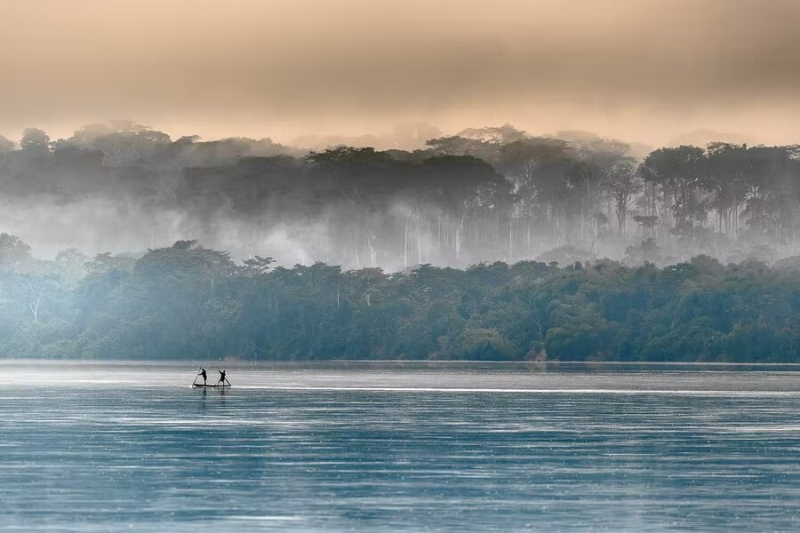
timbuktutravel.com 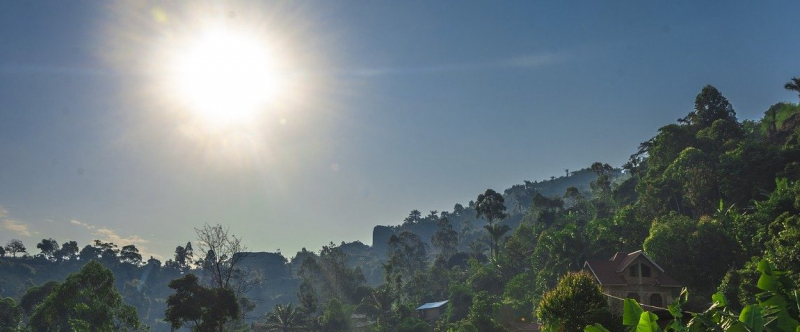
pickvisa.com -
True, each country has its own beliefs that must be honored, but many other countries, such as the Democratic Republic of the Congo, have beliefs that, in the Western world's opinion, are nonsensical. This is the situation of the so-called witch children, and if you visit Congo Kinshasa, you will witness thousands of youngsters, as young as three years old, roaming the streets alone. This is definitely one of the top Things about Congo You Should Know.
These youngsters are alone in the world; they try to survive by eating whatever they can find, and many steals or are trafficked. This is due to their idea that whenever something awful happens in the family, such as the death of a mother or father, they accuse the most vulnerable of practicing witchcraft in order to excuse their evils.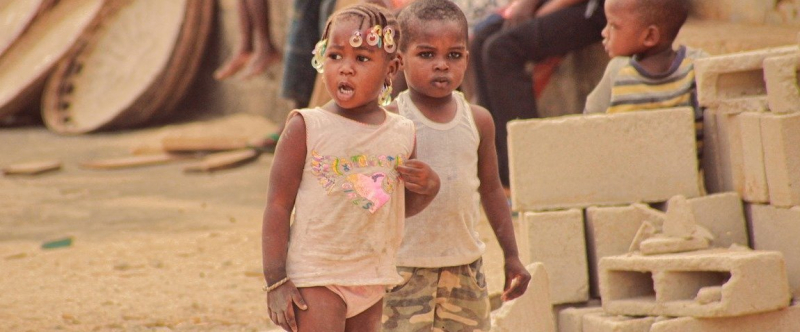
pickvisa.com 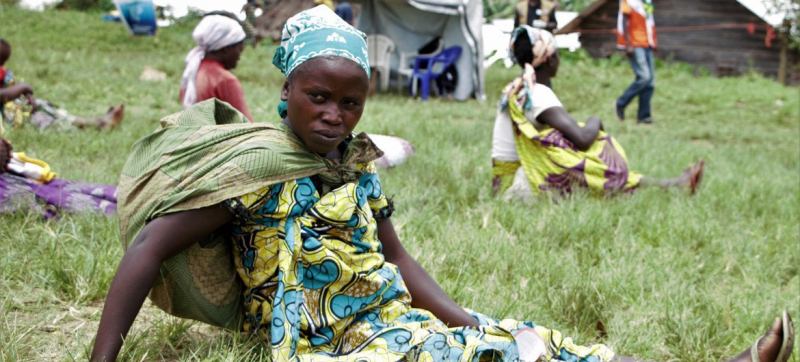
news.un.org -
When you visit a new place, you want to buy a souvenir or a gift to remember your visit. Now that you know where the Democratic Republic of the Congo is, you should pay care because many of these souvenirs are manufactured from animal parts that have been illegally harvested. Paintings, ebony carvings, and bracelets manufactured locally are the best souvenirs from the Congo. Contemporary shopping malls and traditional marketplaces sell everything from African carvings and hand-woven baskets to fresh fruit in cities and larger villages.
This may go unnoticed by any traveler, but sadly, this activity is fairly frequent here and moves as much money as drug trafficking. You must be aware because many people neglect the origin of these products due to a lack of knowledge. Shark parts, elephant and rhino tusk decorations, and other unlawful techniques can be found. You must be mindful of what you purchase.
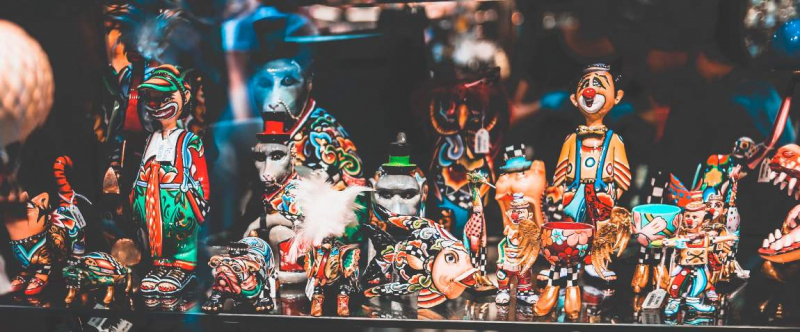
pickvisa.com 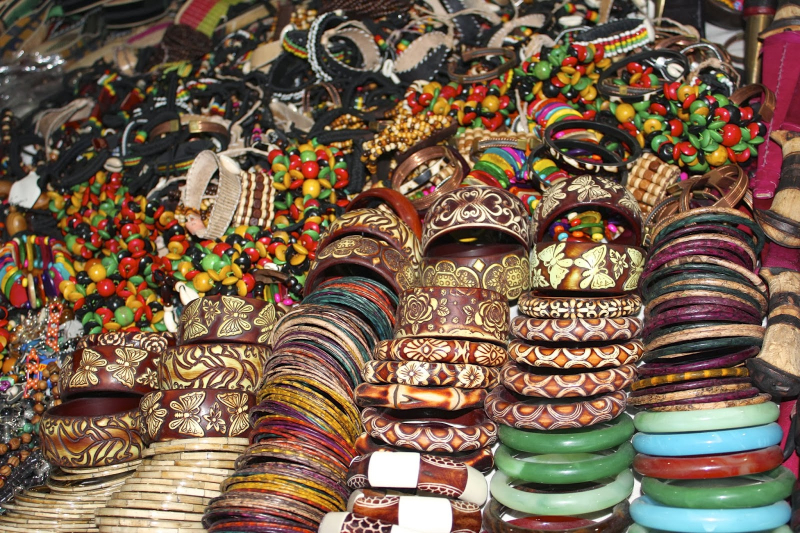
theculturetrip.com -
If you visit the Democratic Republic of the Congo, you can try their traditional meals, but be aware that many of them are created from animals that are on the verge of extinction or have already reached that point. Before you taste some dishes, I'd like you to know where they came from Shark fin soup, which includes fishing for over 100 million sharks per year. Turtle eggs are also eaten, causing the population to decline. In addition, monkey flesh is widely consumed, and some species, such as the 'gold monkey,' are endangered.
The Moambe, a stew cooked from paste or cream of palm nuts, onion, tomatoes, and chili peppers, is a well-known meal. Chicken is commonly utilized as a meat source. There are, however, variants containing fish, steak, and even crocodiles. In addition, the utilization of insects as an "exotic" source of protein is fairly popular in this region. Eating larvae, worms, and arthropods was already a traditional practice in the country's interior, but it has now become a culinary "new trend" in Kinshasa, where tourists purchase them.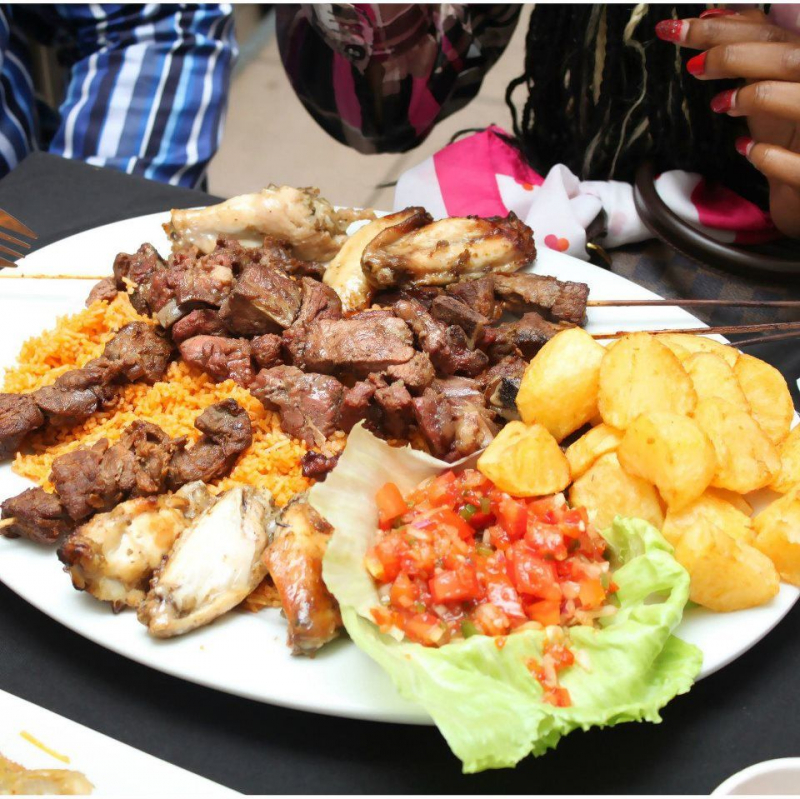
flavorverse.com 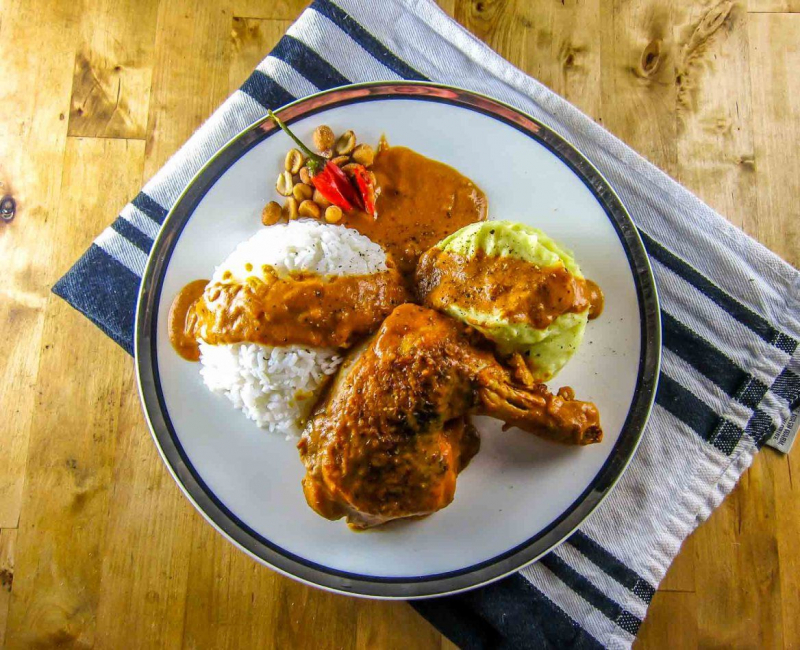
flavorverse.com -
Animal sanctuaries are designed to provide the best possible care for animals while protecting them from exploitation. However, there are many captive centers in Congo that operate under the guise of sanctuaries, orphanages, or shelters. This is definitely one of the top Things about Congo You Should Know. They exploit the creatures here by reproducing them and trading with them, duping tourists. These are inhumane activities and they should be eliminated.
So, if you're wondering if it's safe to travel to the Democratic Republic of the Congo, the answer is that you should pay close attention to your surroundings and find out very well before visiting one of these places because paying to see an animal entertain you or touching them while they're on medication is promoting animal abuse. It sounds crude, and it is. You should promote animal-friendly tourism. This is a great act that contributes to the protection of wildlife as well as the balance of the reproductive system on earth.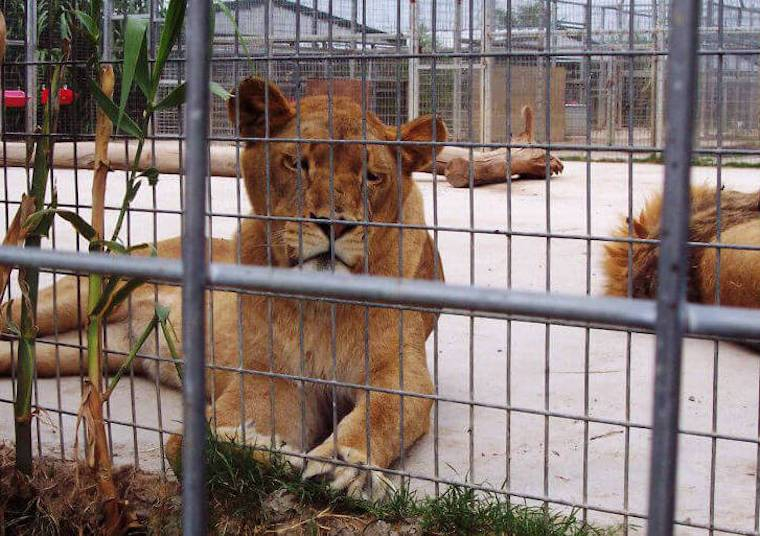
all-creatures.org 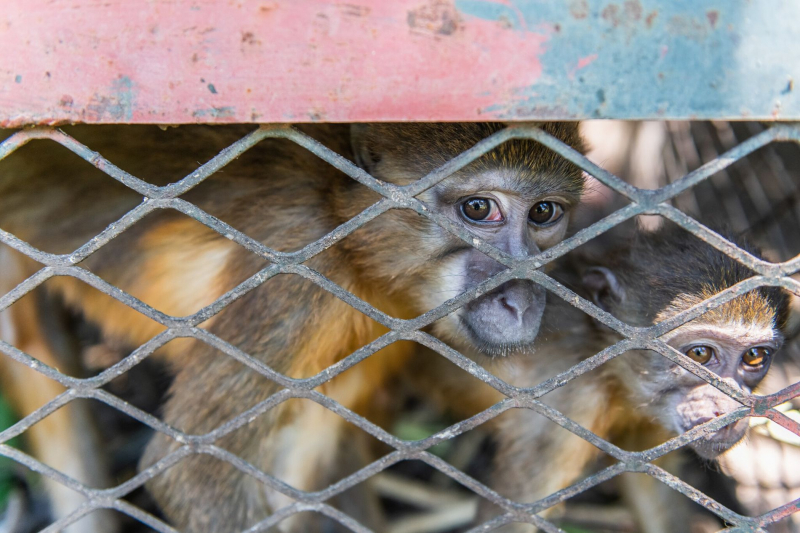
nationalgeographic.co.uk -
The conflicts, combined with the continual threat of poachers, sickness, and deforestation, have put the mountain gorilla population in jeopardy. Only about 800 of them survive today, the most in the Virunga Mountains and the majority have been murdered either in the line of fire or directly attacked by rebels looking to steal newborn gorillas to sell to zoos.
However, there are gorilla refuges and ecological reserves in Congo that promise to safeguard gorillas from extinction or thievery. The Senkwekwe Orphanage in the Virunga Mountains National Park is one of them, where professionals care for animals who have lost their moms. The sanctuary provides a safe haven for gorillas that have been traumatized by the ongoing conflict.
But even this haven is under attack. More than 136 workers who guarded the park have died since 1996. The rebels are not only trying to steal from the children but also to sell the meat of adult gorillas, which has become increasingly popular in African emerging cities.
Meanwhile, the Senkwekwe center is a clamorous sanctuary where animals can regain physical and psychological health. Something must be done, possibly through international action. We are all aware that losing gorillas is akin to losing a basic part of ourselves.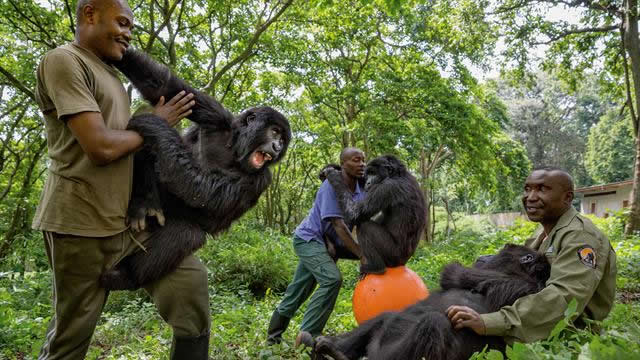
silverbackgorillatours.com 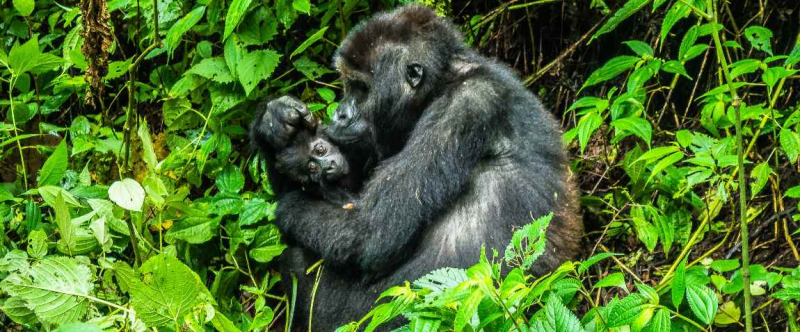
pickvisa.com -
Due to recent political turbulence, the Democratic Republic of the Congo has a very sparse calendar of events, with festivals few and far between. Most people do, however, observe a handful of national holidays.
These annual events allow visitors to immerse themselves in the customs and festivities of the Democratic Republic of the Congo. Activities include theatre festivals, concerts, art exhibitions, and the annual Independence Day celebrations at the end of June. The Martyrs Stadium (Stade des Martyrs de Pentecost) in Kinshasa is a prominent sports arena that can comfortably seat 80,000 people for soccer matches, athletic activities, and concerts.
Besides, the Feux de Brazza is a prominent worldwide festival of traditional music held in Brazzaville, Republic of Congo, since 2005. The event, which alternates with the Pan-African Music Festival (FESPAM), takes place every two years and promotes traditional cultural exchanges. The flames of the wood fire inaugurate the festivities and symbolize the ancestral tradition which must not be lost. The fires of Brazza must safeguard African cultural traditions and ensure that through this festival, future generations are the link that will continue to exist in this culture. It is a challenge to the younger generations who must feel involved and preserve as a jewel this culture of African music and dance.
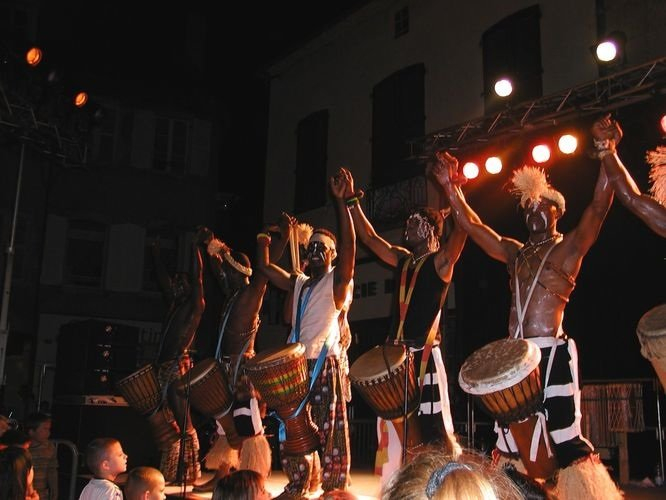
elcubanoblogue.blogspot.com 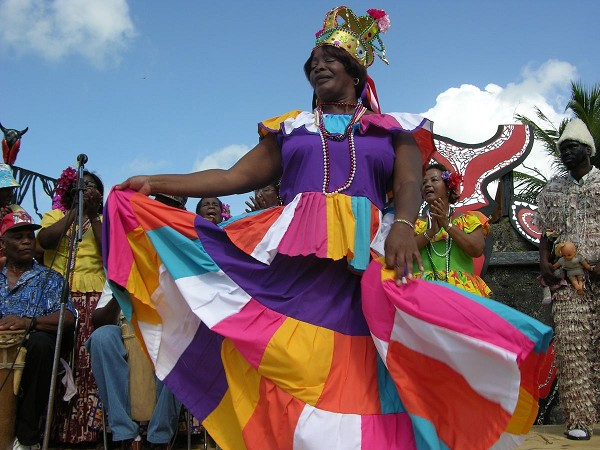
anconexpeditionsofpanama.wordpress.com













